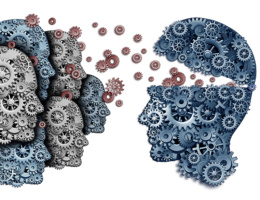Teenage Trauma

Understanding adolescent development can help you find ways to connect with your teen and overcome problems together. Teens differ from adults in their ability to read and understand emotions of others. Even though they want to become more independent, they still lack the emotional maturity needed to make informed & proper decisions. While, adults use their pre-frontal cortex to read emotional cues, teenagers rely on the amygdala, (the part of the brain responsible for emotional reactions).A teenager’s brain is still actively developing and the whole brain does not reach full maturity until about the mid-20.
Anger can be a challenging emotion for many teens as it often cloaks other underlying negative emotions such as frustration, embarrassment, sadness, hurt, fear, shame, or vulnerability. When teens are not able to cope with these feelings, they end up lashing out, putting themselves and others at harm’s way.
Following are some of the options of recognizing teenage issues and coping with them. However, if you believe that your kid’s issues are becoming violent, criminal or self -harming, please seek help at the earliest.
In case you identify red flag behaviors in your teen, consult a doctor, counselor, therapist, or other mental health professional for help finding appropriate treatment.
- team_itemmom
- January 20, 2016
- 0 Comment







